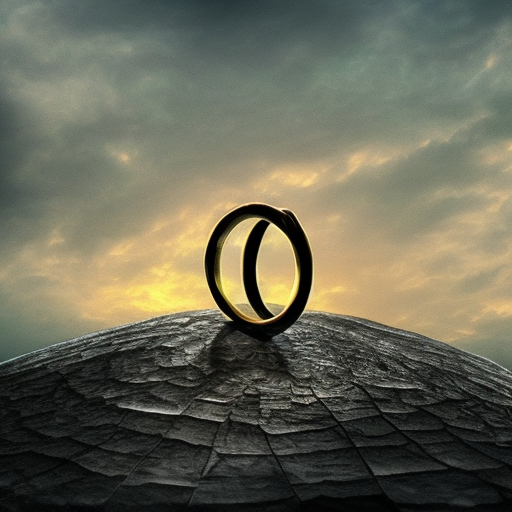The Lord of the Rings: The Return of the King (2003) – A Journey to Save Middle-earth
Main Cast and Crew:
- Director: Peter Jackson
- Writers: Fran Walsh, Philippa Boyens, Peter Jackson
- Key Actors: Elijah Wood as Frodo Baggins, Viggo Mortensen as Aragorn, Ian McKellen as Gandalf, Sean Astin as Samwise Gamgee, Andy Serkis as Gollum, Orlando Bloom as Legolas, John Rhys-Davies as Gimli, Billy Boyd as Pippin, Dominic Monaghan as Merry, Liv Tyler as Arwen, Hugo Weaving as Elrond
- Music Director: Howard Shore
- Director of Photography: Andrew Lesnie
- Producers: Peter Jackson, Barrie M. Osborne, Fran Walsh
Plot:
The Lord of the Rings: The Return of the King is the epic conclusion to the trilogy based on J.R.R. Tolkien’s masterpiece. The film follows the journey of Frodo Baggins, the hobbit entrusted with the task of destroying the One Ring and saving Middle-earth from the evil Sauron.
Frodo, accompanied by his loyal friend Samwise Gamgee, continues their perilous trek towards Mount Doom, the only place where the Ring can be destroyed. Meanwhile, Aragorn, the rightful heir to the throne, must rally the armies of Gondor and Rohan to fight against Sauron’s forces in a desperate attempt to distract the Dark Lord from Frodo’s mission.
As Frodo and Sam face treacherous obstacles and the weight of the Ring’s corrupting influence, they encounter the twisted creature Gollum, who becomes obsessed with reclaiming the Ring for himself. The fate of Middle-earth hangs in the balance as the forces of good and evil clash in a final battle for the future of the realm.
Themes and Motifs:
The Return of the King explores themes of sacrifice, friendship, and the struggle between good and evil. It delves into the corrupting power of the Ring and the resilience of the human spirit. The film also examines the importance of hope and the willingness to fight for what is right, even in the face of overwhelming odds.
Throughout the story, loyalty and friendship are tested, with Samwise Gamgee emerging as a symbol of unwavering devotion. The film also explores the concept of redemption, as characters like Gollum grapple with their inner demons and the possibility of finding redemption in the most unexpected places.
Reception and Legacy:
Upon its release, The Return of the King received widespread critical acclaim, with praise for its breathtaking visuals, emotional depth, and epic scale. The film was a commercial success, grossing over $1.1 billion worldwide and becoming one of the highest-grossing films of all time.
At the 76th Academy Awards, The Return of the King made history by winning all eleven categories it was nominated in, including Best Picture, Best Director for Peter Jackson, and Best Original Score. The film’s success solidified its place in cinematic history and cemented the trilogy as a landmark achievement in filmmaking.
The Lord of the Rings trilogy has had a lasting impact on cinema, revolutionizing the fantasy genre and inspiring countless filmmakers. Its meticulous world-building, complex characters, and epic storytelling have set a new standard for cinematic adaptations of literary works.
Recommendation:
The Lord of the Rings: The Return of the King is a cinematic masterpiece that seamlessly combines breathtaking visuals, compelling storytelling, and powerful performances. It is a must-watch for fans of fantasy, adventure, and epic filmmaking. The film’s emotional depth and grandeur make it a truly unforgettable experience.
Memorable Quote:
“I can’t carry it for you, but I can carry you!” – Samwise Gamgee












